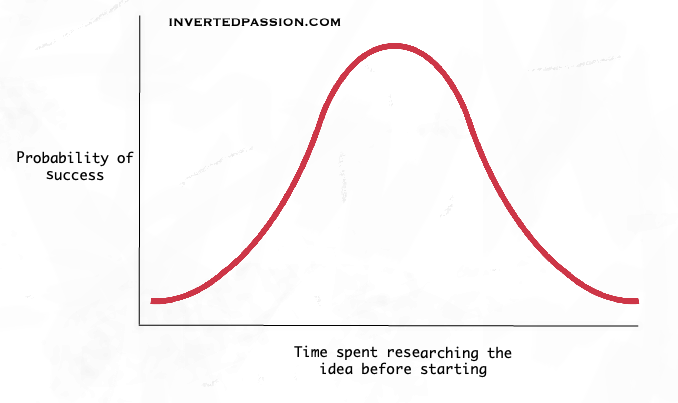
The way science is funded today is broken.
Released my 10th podcast:
It's about:
- How we fund 🧫 science today
- Why grants process is wasteful
- Using (partial) lotteries to fund science
Released my 10th podcast:
It's about:
- How we fund 🧫 science today
- Why grants process is wasteful
- Using (partial) lotteries to fund science

1/ Writing grant proposals for raising funds takes a significant amount of time and, unlike papers, they aren't published in journals or valued for their scientific contribution.
2/ With grant rates now in single digits in many fields, scientists are spending more time raising funds than doing actual science.
Is there a better way?
Is there a better way?
3/ Kevin Gross, professor at @NCState, urges us to explore alternative ways of funding science.
One such suggestion is using partial lotteries to award grants which, according to the models he's built, generate more scientific output for the society than current methods.
One such suggestion is using partial lotteries to award grants which, according to the models he's built, generate more scientific output for the society than current methods.
5/ My favorite bit is at the end.
Why should we care about how science is funded?
Why should we care about how science is funded?
• • •
Missing some Tweet in this thread? You can try to
force a refresh










